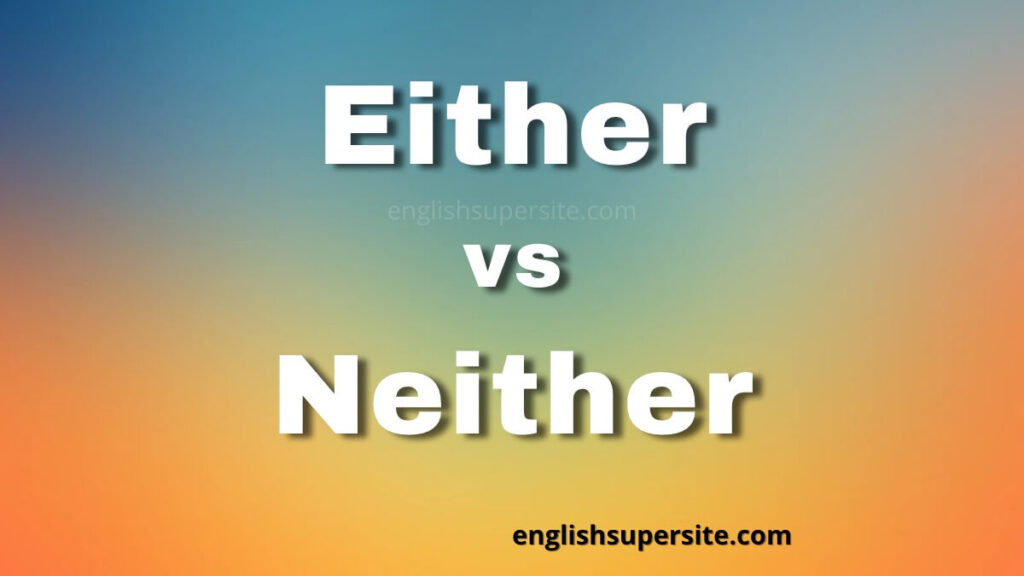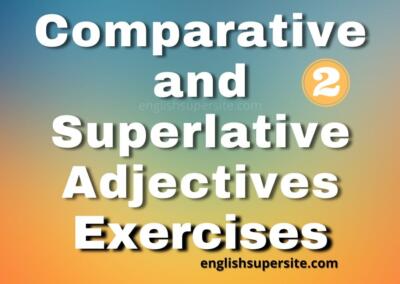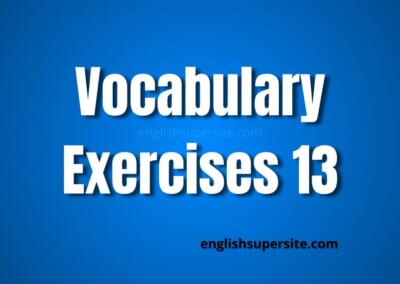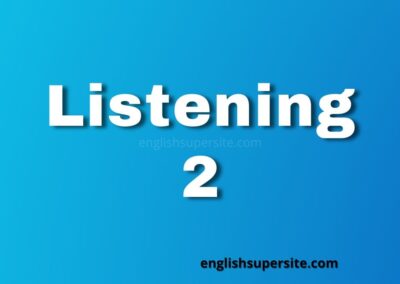
The use of Either vs Neither
Here you will learn the differences between Either and Neither.
Either or Neither? Here you will learn the differences between Either vs Neither.
The difference between either and neither is that either is used when referring to two possibilities, and neither is used when referring to two negative possibilities. For example, “Either you can go to the store, or you can stay at home” uses the word either because it is referring to two possible options. “Neither the store nor the cafe is open” uses the word neither because it is referring to two negative possibilities.
Either
A choice between two things, both choices are good.
Either is always considered singular in a sentence.
- You can either come home with me now or take a bus later.
- Either he or she cooks dinner.
- Life is a horse, and either you ride it or it rides you!
Suppose that you and your friend are buying a cake for your mom’s birthday party. Your friend holds two cakes in front of you and asks:
- Which cake do you like the best?
Suppose you liked both cakes, but you are going to buy only one, you would answer:
- Either!
- Either one!
Neither
A choice between two things, both choices are bad. Not one and not the other one.
From the example above, you and your friend are buying a cake for your mom’s birthday party and your friend now holds two different cakes in front of you and asks:
- How about these two, which one would you like?
But, this time, you don’t like any of them, so you would say:
- Neither!
- I don’t like either!
Here are more examples:
- Would you like tea or coffee? You can have either.
- I don’t think either Molly or Mary will be there.
- Mark doesn’t study there, and Susan doesn’t either.
- Mark doesn’t study there, and neither does Susan.
- I didn’t get enough to eat, and you didn’t either.
- I didn’t get enough to eat, and neither did you.
- I don’t speak German.
- You don’t either.
Study Also:
Abbreviations Cohesion and Coherence Collocations Comparative Conditionals Frequent Errors Future Continuous Future Perfect Future Perfect Continuous Future Simple Homonyms Interjections Journaling Learn English Linking Words Logical Flow Past Continuous Past Perfect Past Perfect Continuous Past Simple Plural Present Continuous Present Perfect Present Perfect Continuous Present Simple Pronunciation Question Tags Quiz Quotes Simple Future Simple Past Simple Present Spelling Superlative Transition Words
Share with your friends!






